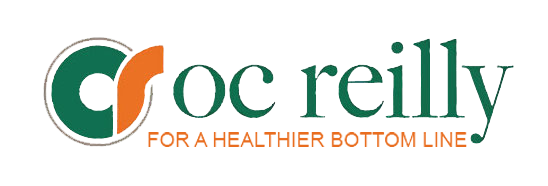OC Reilly Blog: Moving Beyond the ‘Model T’
By Ray Staudt, Executive Director, Business Development, OC Reilly Inc.
(Oct. 26, 2015)–As Henry Ford’s revolutionary assembly-line method of producing “Model T” motorcars gained awareness and primacy among the brand-new market of car-driving consumers, he knew he had the upper hand.
“People can get a Model T in any color they like, as long as it’s black,” Ford quipped, fully aware of the truth of his statement at the time. It didn’t take long, though, for more choices to emerge and for Mr. Ford to expand his product’s options and availability. Market forces began to drive production and pricing decisions.
Health care contracts and expenditures are starting to feel those same market-driven pressures today. Spending decisions get weighed much more heavily on what consumers may be willing to pay, not how much providers want to charge, any longer. The balance of power in this equation has shifted – a phenomenon attributable in no small part to the federal Affordable Care Act (ACA).
“Most observers recognize that the movement toward value-based contracting extends well beyond the ACA,” reads a portion of “Market-Driven Heath Care and the Affordable Care Act,” an article in the August 2015 issue of HFM magazine. “Payers and providers are beginning to adjust contracting terms frequently. The rate of change is market-specific based on the capabilities and strategies of the major provider groups, payers, employers, and state government (both as a policy maker and an employer), and also on patient demographics and needs.
“Change is likely to occur in starts and stops, but the direction is toward more market-driven approaches,” states the article.
The ACA continues to impact all elements of health care, including financial. Making medical insurance coverage available to more Americans, while simultaneous lowering overall health care costs, were the legislation’s primary goals, after all.
As contracts among the primary groups within the health care system – providers, payers, employers, patients, and state governments – continue to be driven more by market realities and pressures, those groups would be wise to have experienced, trusted advisors available to make sure contracts remain solidly constructed, compliant, and fair.
Health care remains a dynamic industry, with change coming fast in all directions. Ensuring financial stability and strength amid rapid change must remain a top priority.
Unlike with Henry Ford and his Model T, health care participants don’t have to settle any more – they have options. That makes things more interesting, more challenging, and more dependent on knowledgeable consultative help.
